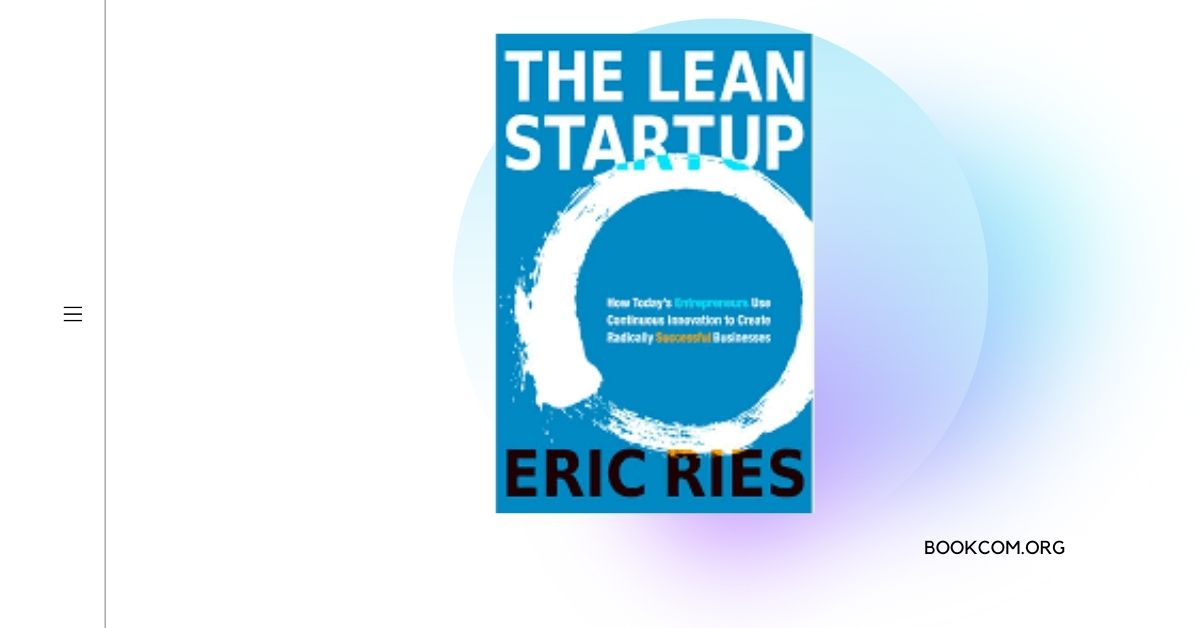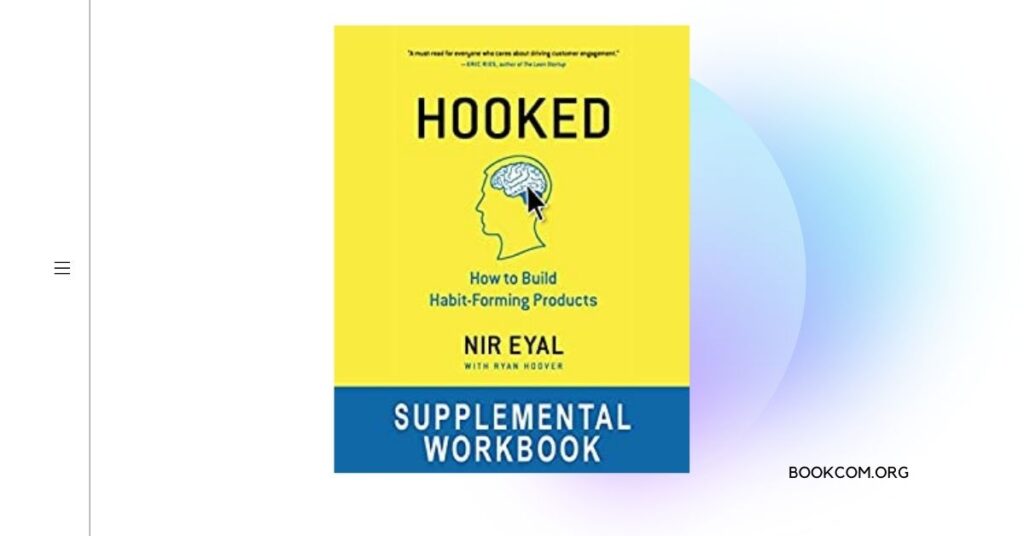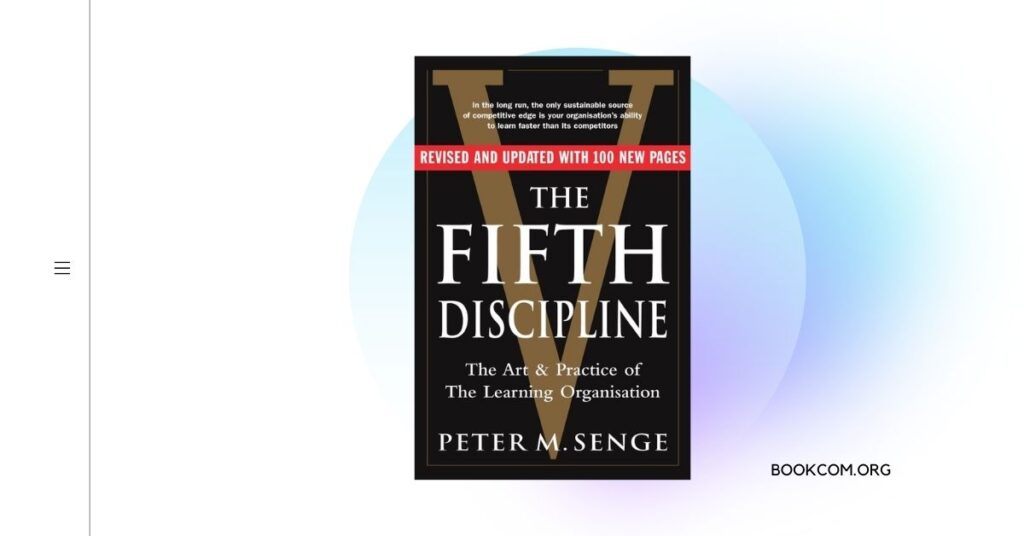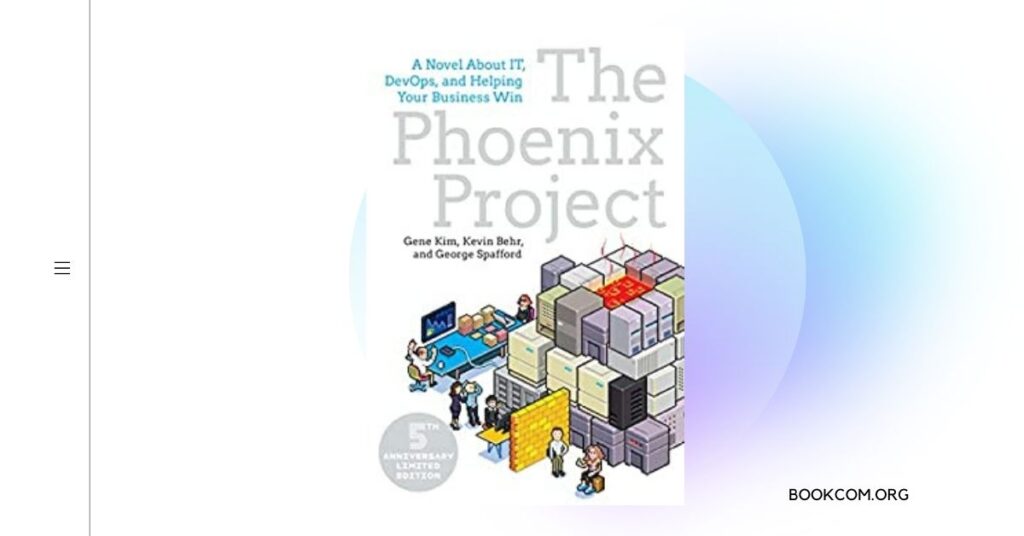Overview:
“The Lean Startup” by Eric Ries is a revolutionary guide for entrepreneurs and startup founders looking to build successful, sustainable businesses in a rapidly changing and uncertain market. Drawing upon his own experiences and insights from the startup world, Ries introduces the concept of the lean startup methodology, which emphasizes iterative experimentation, validated learning, and continuous innovation.
Book Details:
Title: The Lean Startup
Author: Eric Ries
Publication Date: September 2011
Genre: Business, Entrepreneurship
Publisher: Crown Publishing Group
Summary:
“The Lean Startup” introduces a systematic approach to entrepreneurship, urging founders to validate their assumptions, minimize waste, and maximize learning. Ries challenges the traditional methods of starting a business by advocating for a scientific approach that prioritizes experimentation, feedback, and adaptation. The book presents a framework that enables entrepreneurs to build and scale their ventures efficiently while minimizing the risks associated with traditional business models.
The core principle of the lean startup methodology is the Build-Measure-Learn feedback loop. Instead of spending extensive time and resources building a product or service based on assumptions, Ries encourages entrepreneurs to create minimum viable products (MVPs) to test their hypotheses early on. By gathering real-world feedback and data, entrepreneurs can make informed decisions, pivot if necessary, and focus on creating value that resonates with their target audience.
“The Lean Startup” also emphasizes the importance of embracing validated learning, which involves using experiments to test assumptions and gather evidence. Ries introduces concepts such as the pivot, which is a strategic change in direction based on validated learning, and the concept of actionable metrics, which enable entrepreneurs to track progress and make data-driven decisions.
Key Learnings:
- Build-Measure-Learn feedback loop: By adopting the iterative Build-Measure-Learn cycle, entrepreneurs can quickly validate their assumptions, make improvements, and adapt their business strategies based on real-world feedback.
- Minimum Viable Product (MVP): Rather than aiming for a perfect, fully featured product from the start, the lean startup methodology advocates for creating a minimal version of the product that allows for early testing and learning. This approach saves time and resources while enabling rapid iteration and improvement.
- Validated learning and experimentation: The book emphasizes the importance of designing experiments to test hypotheses and gather data. By focusing on validated learning, entrepreneurs can make informed decisions based on evidence, rather than relying on assumptions or guesswork.
- Pivot and persevere: Ries introduces the concept of the pivot, which involves changing the startup’s direction based on validated learning. The book highlights the importance of recognizing when a particular strategy is not working and being willing to adapt and pivot to a new direction to increase the chances of success.
- Actionable metrics: The lean startup methodology encourages the use of actionable metrics, which are specific, measurable, and informative indicators of progress. By tracking the right metrics, entrepreneurs can gain insights into their business’s performance, make data-driven decisions, and focus on continuous improvement.
“The Lean Startup” is an indispensable guide for entrepreneurs and startup founders seeking to navigate the uncertainties of the business world. Eric Ries offers practical advice and a systematic approach to building successful and sustainable businesses by emphasizing experimentation, validated learning, and continuous innovation. This book has become a cornerstone in the startup community and is a must-read for anyone looking to create a business with a lean, adaptive, and customer-centric mindset.
To get your copy of “The Lean Startup” by Eric Ries, you can find it on popular online platforms like Amazon or Flipkart.



